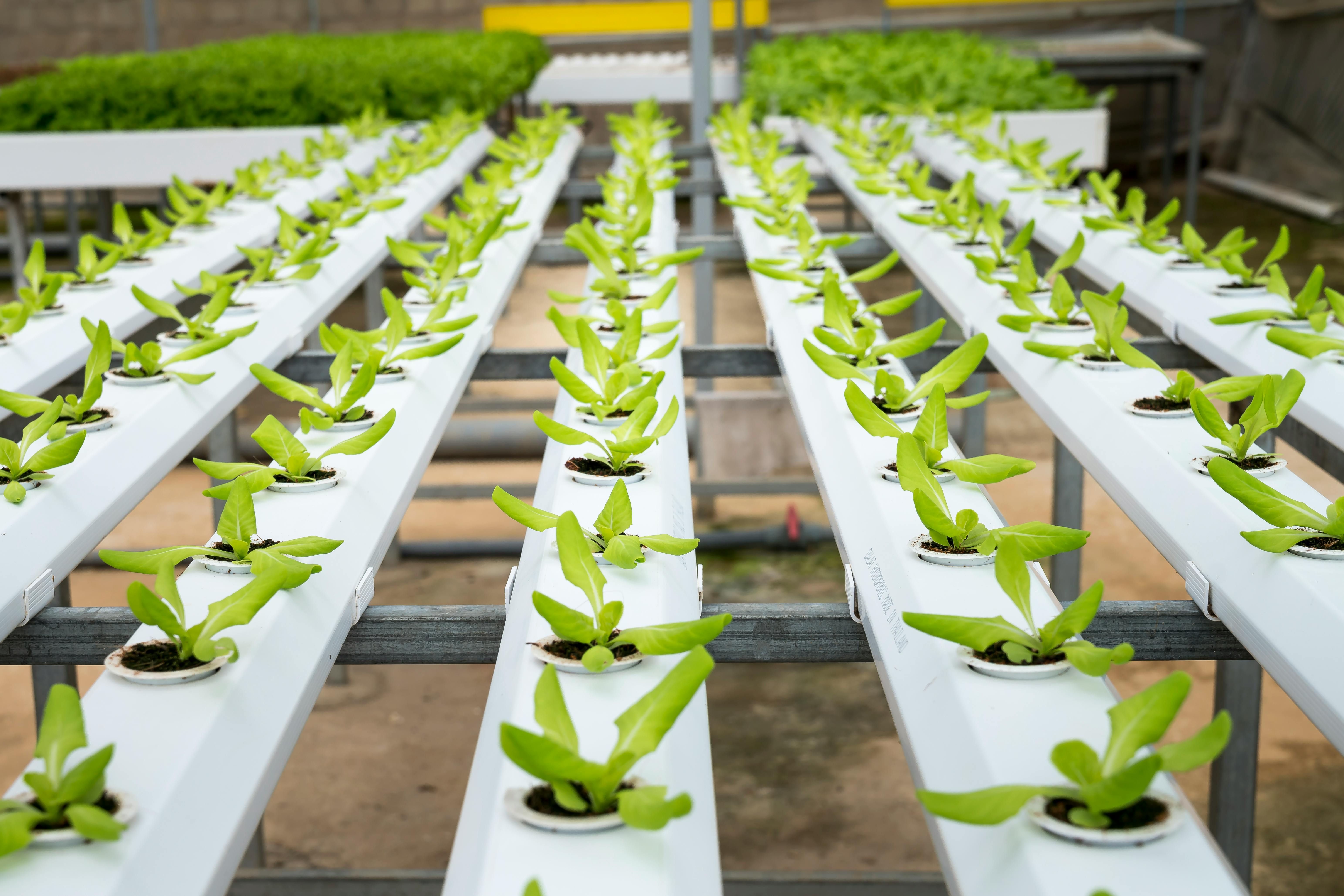Agriculture Degrees: Programs, Careers, and Core Subjects
Agriculture degrees prepare students for careers that span food production, resource management, research, and rural development. Programs combine classroom learning with fieldwork to teach plant and animal biology, soil science, agricultural systems, and the business of farming. Whether you are interested in hands-on crop and livestock work, laboratory research, or policy and extension services, an agriculture degree provides foundational skills in science, technology, and management that apply to local and global food systems.

Agriculture: degree focus and specializations
Degree programs in agriculture often cover a mix of biological sciences, engineering, economics, and environmental studies. Common specializations include agronomy, animal science, agricultural engineering, horticulture, and agricultural economics. Coursework may include genetics, pest management, crop physiology, farm management, and sustainable systems. Many programs also emphasize data-driven methods such as precision agriculture and remote sensing to optimize yields while reducing inputs and environmental impacts.
Farming: hands-on training and internships
Practical experience is central to farming education. Most agriculture programs include laboratory work, greenhouse practice, and on-campus farms where students learn planting, harvesting, animal care, and equipment operation. Internships and cooperative education placements with commercial farms, co-ops, or extension services give students real-world exposure to farm management, supply chains, and regulatory requirements. These experiences develop operational skills as well as soft skills like problem-solving, teamwork, and decision-making under variable weather and market conditions.
Education: degree levels and entry pathways
Agriculture degrees are available at certificate, associate, bachelor’s, master’s, and doctoral levels. Certificate and associate programs focus on technical skills and immediate workforce entry, while bachelor’s degrees provide broader scientific and managerial foundations. Graduate programs support advanced research, specialization, or leadership roles in academia, industry, or government. Entry pathways include high school agriculture programs (such as FFA in some countries), vocational training, community college transfers, and direct university admission based on academic prerequisites.
Crops: agronomy, plant science, and production
Crops study centers on plant growth, genetics, pest and disease management, and yield optimization. Agronomy courses teach soil–plant–environment interactions, crop rotation, nutrient management, and breeding strategies. Students learn to assess crop performance, manage weeds and pests using integrated pest management (IPM), and apply technologies like GPS-guided equipment and crop modeling. Understanding market demands and post-harvest handling is also part of crop education, linking production decisions to supply chains and food quality standards.
Soil: soil science, management, and sustainability
Soil science is a core pillar of agriculture degrees because soil health underpins productivity and environmental quality. Topics include soil chemistry and physics, fertility, erosion control, and remediation. Students study soil testing, nutrient cycles, and conservation practices such as cover cropping, reduced tillage, and organic amendments. Sustainable soil management balances short-term yields with long-term productivity, water retention, and carbon sequestration, making it relevant for climate resilience and sustainable farming systems.
Agriculture degrees provide a multidisciplinary pathway into careers across production, research, policy, and agribusiness. Programs blend science and applied skills to address challenges like feeding growing populations, improving resource use, and adapting to climate variability. Graduates may work on farms, in laboratories, for government agencies, in supply chains, or with non‑profit organizations focused on rural development. The curriculum emphasizes both technical competence and systems thinking, enabling graduates to contribute to resilient and productive food systems.






